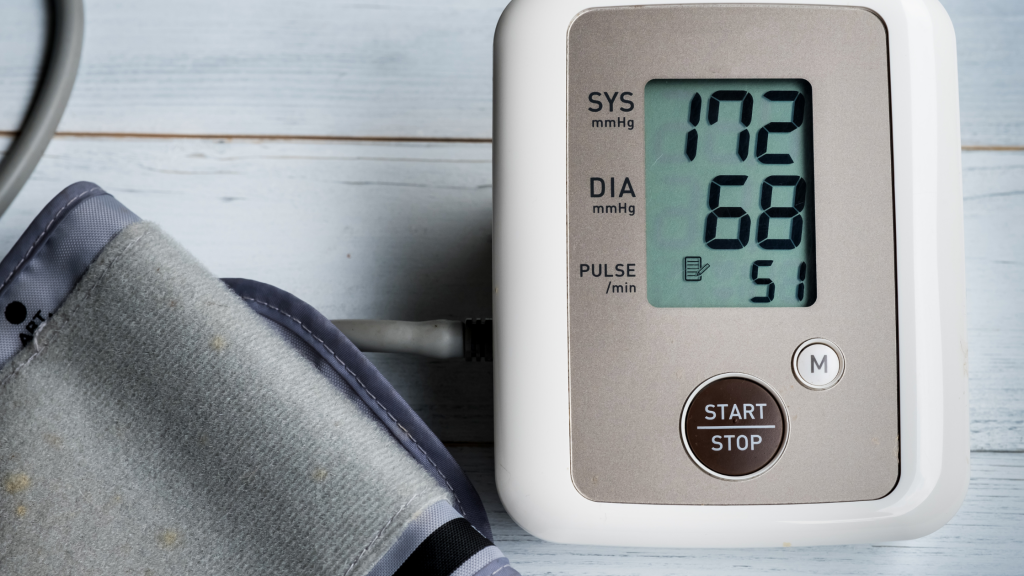What is Hypertension?
Hypertension is a medical condition when the blood pressure is too high. It is a serious health condition that can increase the risk of heart attack, stroke, chronic kidney diseases, other complicated health issues, and premature death.
Hypertension or High blood pressure occurs when the pressure of the blood against the artery walls is too high. It is a common health issue that affects most people.
Types of Hypertension
Primary hypertension and secondary hypertension are the two main classifications of hypertension. Primary or essential hypertension occurs due to an unhealthy lifestyle or genetic disorders. It is a common disease that affects the majority of people. Secondary hypertension is caused by other medical conditions that affect the kidneys, arteries, heart, and endocrine system, or the use of birth control pills.
How is Hypertension Measured?
Blood pressure is measured using a sphygmomanometer or blood pressure monitor. It has an inflatable cuff that is wrapped around the arm. It is measured in units of millimeters of mercury (mmHg). The measurement has two values – systolic blood pressure and diastolic blood pressure. The systolic value is the pressure in blood vessels when the heart contracts or beats. The diastolic value represents the pressure in the vessels when the heart rests between beats. If any one or both of these measurements are too high, it is a condition of hypertension or high blood pressure.
In adults, blood pressure under a systolic value of 120 mmHg and a diastolic value of 80 mmHg is considered to be normal.
Symptoms
High blood pressure (hypertension) has no warning signs or symptoms. But some of the symptoms of hypertension include early morning headaches, irregular heart rate, vision changes, nosebleeds, etc. Severe cases may have fatigue, nausea, vomiting, confusion, anxiety, chest pain, and muscle tremors. If left untreated, hypertension can cause serious persistent health issues and sudden death.
Causes
Some causes of hypertension include obesity or overweight, lack of physical activity, smoking, alcohol intake, improper diet, sleep apnea, stress, aging, genetics, chronic kidney diseases, and other medical conditions like diabetes, thyroid problems, etc.
Management and Treatment
The risk of getting high blood pressure or hypertension can be lowered by following a healthy lifestyle. These are some of the factors to prevent or manage hypertension.
- Regular physical exercise
- Stress management
- Healthy diet
- Maintain a healthy weight
- Avoid smoking and alcohol consumption
- Have proper medication
Hypertension or high blood pressure is a common condition that increases the risk for many cardiovascular diseases and can lead to mortality. One should consult the family doctor and measure the blood pressure regularly. Follow the methods to manage blood pressure. Take proper medication if needed.
World Hypertension Day (WHD), May 17, is a day designated and initiated by The World Hypertension League (WHL) to increase awareness of hypertension.

